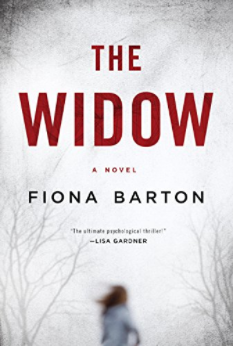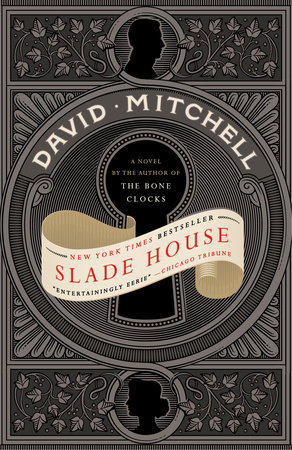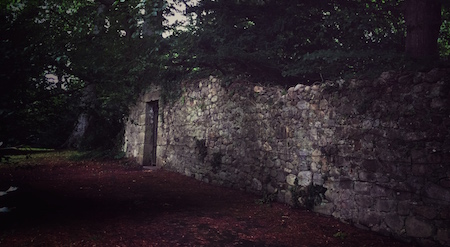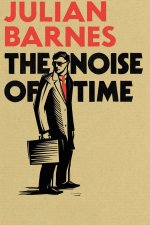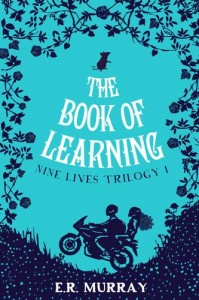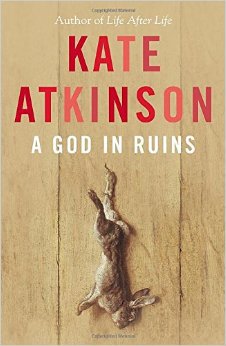The Widow by Fiona Barton (Penguin Canada) is a dark psychological thriller. Glen Taylor is a smarmy, arrogant bastard. He marries Jean when she’s quite young and she’s blown away. Initially she seems to like him ordering her food and telling her what to wear or do. Glen is older, charming, and she sees it as him introducing her to the adult world. But when Glen gets fired from his job and starts driving a truck, the cracks begin to show. One day the police show up. A little girl has gone missing and Glen’s delivery truck was in the area. Next the media circus shows up, and they are relentless. The family is hounded. Glen is hiding something but Jean doesn’t know what. They both love children, didn’t have any of their own, couldn’t. But Glen wouldn’t hurt a child, or so Jean believes. The police feel differently and it goes to court. It’s there that Jean is truly blown away. Glen was fired for viewing child pornography at the office. He was buying and watching porn at night unbeknownst to her, and there are deeper, darker secrets that are revealed.
What I like about this book is that it opens with one of the reporters smooth talking her way into Jean’s house. The chapters are told from Jean’s perspective, the reporter’s, or the detective’s. Little by little the case is pieced together and the reader realizes the connections at the same time as the case unfolds. There’s lots of little deceptions, unfollowed leads and circumstantial evidence. The scenario is unthinkable, but the plot twists and psychological insights into the wife, the reporter and the detective make this a fascinating, rather than gruesome, read.
You can’t get a better quote than this:
“If you liked Gone Girl and The Girl on the Train, you might want to pick up The Widow by Fiona Barton. Engrossing. Suspenseful.”–Stephen King
